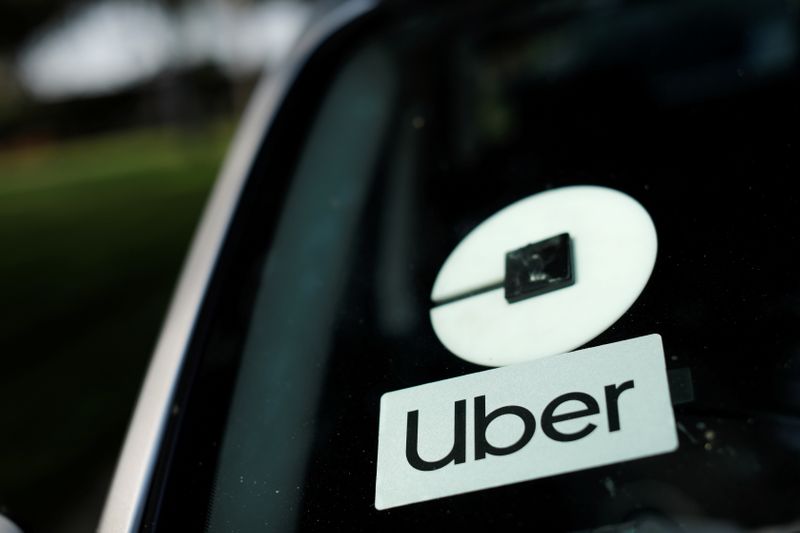Uber Technologies Inc . (NYSE:UBER) is piloting a new service called Uber Tasks in select markets, aiming to expand beyond its core ride-sharing and food delivery services into the gig economy. The initiative, first reported today, is designed to offer more earning opportunities for Uber's six million drivers and couriers.
The pilot program for Uber Tasks will launch in Fort Myers, Florida, and Edmonton, Alberta, Canada. This move follows the company's introduction of new safety measures earlier this week, including an expanded rider verification program and the "Record My Ride" feature that allows drivers to record trips using an iPhone's front-facing camera.
Uber Tasks will enable app users to hire gig workers for household tasks such as furniture assembly, lawn mowing, snow removal, packing/unpacking, holiday decorating, and yard cleanup. Drivers and couriers can see earnings estimates before signing up for tasks. This strategic expansion could position Uber as a formidable competitor in the gig economy landscape, currently dominated by platforms like TaskRabbit, Thumbtack, Handy, and Angi.
TaskRabbit, acquired by IKEA in 2017 after raising $38 million, could face significant competition from Uber if Uber Tasks expands globally. However, challenges such as competition from newer players like Revel and safety concerns highlighted by a consolidated lawsuit involving 3,800 riders alleging sexual assault by drivers may impact the service's success.
Despite these potential hurdles and posting over $9 billion in revenue last quarter—the smallest growth in two years—Uber is seeking new growth avenues as the ride-sharing and food delivery markets become increasingly saturated. The company's recent ventures include a "Return a Package" service launched last month and plans to start accepting FSA payments from 2024. These initiatives are part of Uber's broader strategy to diversify its offerings and revenue streams amidst heated competition from other delivery apps like DoorDash (NASDAQ:DASH) and Instacart (NASDAQ:CART).
This article was generated with the support of AI and reviewed by an editor. For more information see our T&C.
